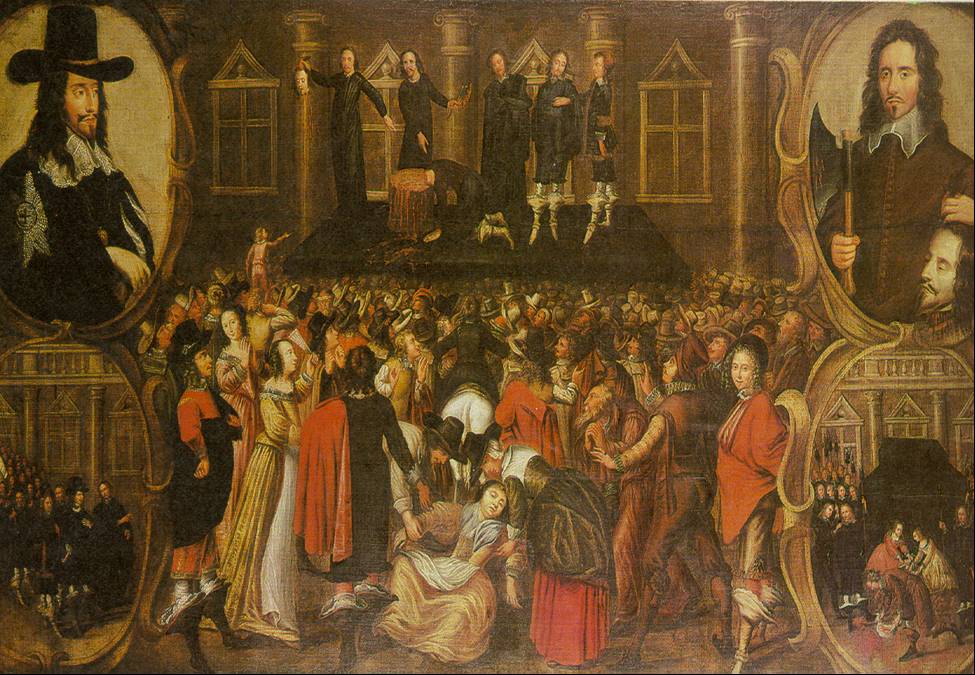I’ve long believed that the President is merely a citizen who happens to be President. In other words, apart from having a few extra perks of office–such as having access to all the secrets and a very dedicated security detail willing to die for you–the President is pretty much subject to all the same laws and regulations as the rest of us. Which is why it’s a bit disconcerting to me that it has become somewhat axiomatic that the President is somehow immune from criminal prosecution while he is in office.
The general thinking on this is that, essentially, the President is so busy and his job so important, that the pressures of a criminal prosecution would prevent the President from governing the nation. And true enough, people who are investigated and prosecuted for alleged crimes face enormous pressures and it deeply impacts their lives, even if they are ultimately acquitted.
Immunity from Prosecution Rings False
Nonetheless, the notion that the framers of the Constitution would somehow agree with the conventional wisdom that one individual in all these United States could commit crimes with impunity is jarring and can’t possibly be correct.

And I don’t think it is.
It’s football season again, and–because the President thinks it’s a winning issue for him–President Trump is once again going after football players who choose to protest police violence by taking a knee during the anthem.
…..Be happy, be cool! A football game, that fans are paying soooo much money to watch and enjoy, is no place to protest. Most of that money goes to the players anyway. Find another way to protest. Stand proudly for your National Anthem or be Suspended Without Pay!— Donald J. Trump (@realDonaldTrump) August 10, 2018
Once again, he’s wading into waters which approach being covered by 18 U.S.C. § 227, which I’ve written about here. I’m not going to rehash that particular point, but thinking about it again made me realize something I hadn’t actually fully understood. And that is that Congress has explicitly authorized the prosecution of the President.
Congress Has Authorized Prosecution of the President
Section 227 makes it illegal for a “covered government person” to influence employment practices based on partisan political affiliation. And the statute explicitly includes “the President” as a “covered government person.” (18 U.S.C. § 227(b)(3).) And, in fact, when Section 227 was enacted in 2007, the term “covered government person,” did not appear; rather, it read “a Senator or Representative in, or a Delegate or Resident Commissioner to, the Congress or an employee of either House of Congress.” It was not until 2012, when the Statute was amended by the passage of the STOCK Act (Stop Trading on Congressional Knowledge Act), that “covered government person” appeared and subsection (b) (applying to the Executive branch, including the President) was added.
Indeed, the STOCK Act’s summary states that Section 18 of the STOCK Act explicitly extends 18 U.S.C. § 227 to include the President, whereas it was previously limited to Members of Congress and congressional employees.
In addition, Section 9(b) of the STOCK Act also states that insider trading laws (15 U.S.C. § 78j, note) absolutely apply to “Executive branch employees,” which explicitly includes the President.
Congress Could Have Exempted the President from Prosecution
Explicitly expanding federal criminal statutes to apply to the President signals that Congress does not recognize an institutional bar against prosecuting a sitting President. Otherwise, Congress could have declined to extend the statute’s applicability. Likewise, if Congress intended that criminal prosecution against the President should only happen after impeachment and removal, it could have explicitly stated that impeachment and removal would be required. Congress’s failure to do so should dispense with the notion that a President is immune from prosecution.
